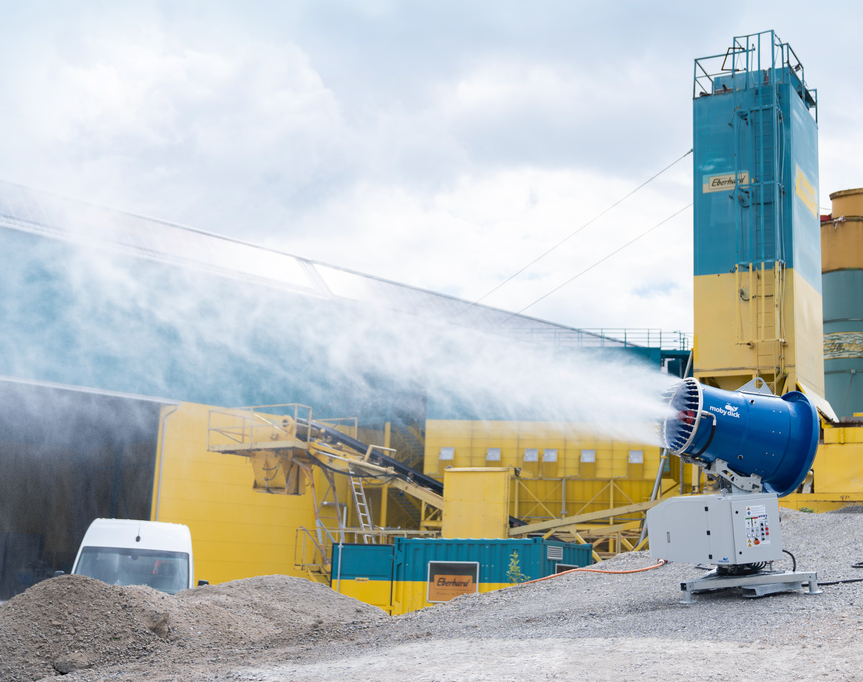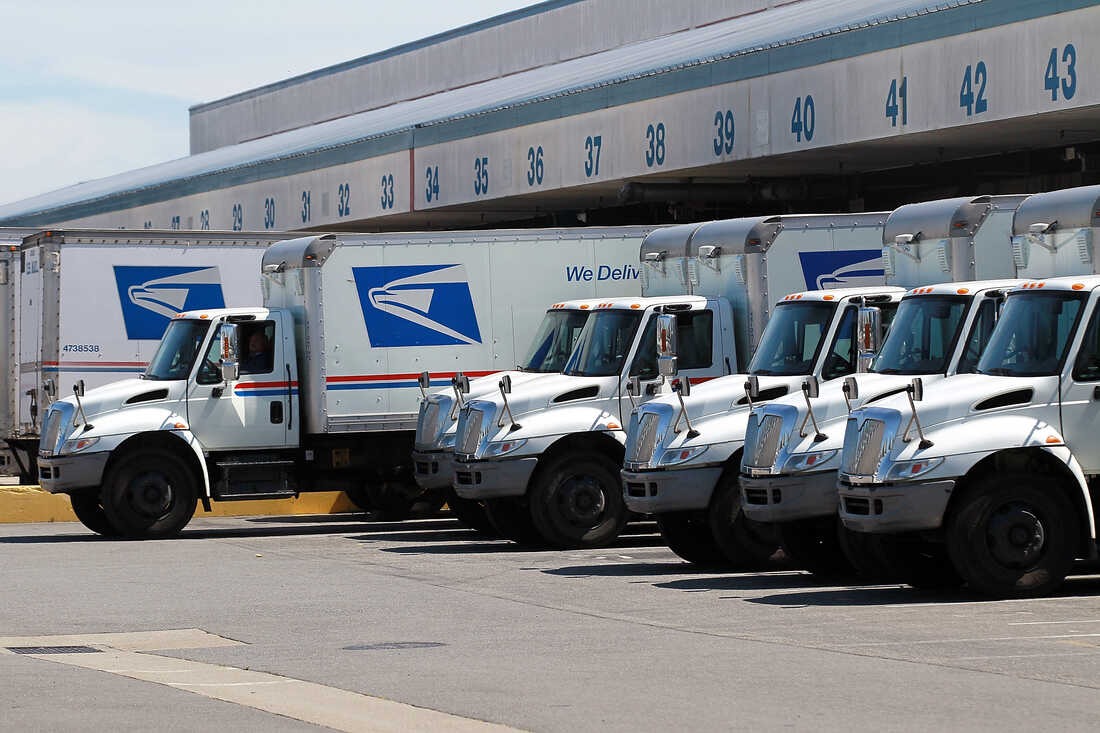Wheel wash systems are an essential component in industrial and construction operations, ensuring that heavy-duty vehicles exit sites with clean tires, free of debris and mud. This is crucial for maintaining public road safety, reducing environmental impact, and complying with local regulations. Various industries, from construction to mining, employ wheel washing systems to prevent contamination and improve operational efficiency.
The Importance of Wheel Wash Systems
- Ensuring Road Safety Vehicles leaving industrial sites often carry dirt, mud, and debris, which can accumulate on public roads, causing hazards. This is particularly dangerous in wet conditions, as mud on roads increases the risk of skidding and accidents. Wheel wash systems mitigate this risk by thoroughly cleaning vehicle tires before they leave the site, thus helping maintain safer road conditions for all users.
- Supporting Environmental Protection Without proper wheel cleaning, pollutants such as oil, chemicals, and debris can be transferred from industrial sites to public roads, eventually entering local water supplies. Wheel wash systems play a crucial role in reducing this form of pollution. By using advanced cleaning techniques, these systems help industries minimize their environmental footprint. Moreover, many systems, including those with integrated water recycling technologies, make efficient use of water, aligning with sustainability goals.
- Improving Operational Efficiency Automation in wheel washing systems means that vehicles can be cleaned quickly and without manual intervention, reducing delays and allowing for continuous operations. This increases productivity while ensuring that dirt and debris do not interfere with machinery performance or pose environmental hazards.
Types of Wheel Wash Systems
There are several types of wheel wash systems designed to cater to various industrial needs:
- Drive-through systems: Ideal for high-traffic sites, these systems allow vehicles to be cleaned as they pass through without stopping. Water jets target the tires and undercarriage, ensuring thorough cleaning while the vehicle remains in motion.
- Roller systems: These systems require vehicles to stop, allowing the wheels to be rotated and cleaned through targeted jets of water. They are typically used for heavy-duty vehicles that require more intensive cleaning.
- Modular systems: These offer flexibility, as they can be customized to suit specific site conditions and vehicle types. Modular systems are commonly used on construction sites where space and terrain may vary.
Key Features of an Effective Wheel Wash System
- Water Recycling
A crucial aspect of modern wheel wash systems is their ability to recycle water, reducing water consumption while ensuring that the cleaning process remains efficient. Water used in cleaning is collected, filtered, and reused, making these systems more environmentally friendly and cost-effective. Industries in areas where water is scarce especially benefit from this feature. - Tailored Solutions for Specific Needs
Not all industrial sites are the same, and many require custom solutions. Wheel wash systems can be tailored to meet the specific needs of a site, taking into account vehicle size, frequency of use, and the type of debris to be cleaned. Custom solutions ensure that each site operates efficiently while maintaining compliance with environmental regulations. - Nozzle Technology
The effectiveness of wheel washing systems often depends on the quality of the nozzles used. High-volume, low-pressure nozzles are generally the most efficient at dislodging debris without using excessive amounts of energy or water. Systems should be designed with nozzles that can target both the tires and undercarriage of vehicles for comprehensive cleaning.
Best Practices for Optimizing Wheel Wash Systems
- Regular Maintenance: Like all equipment, wheel wash systems require regular maintenance to ensure optimal performance. Checking for wear and tear on nozzles, pumps, and filtration systems will prevent costly downtime and maintain efficiency.
- Monitoring Water Quality: In systems that recycle water, monitoring the quality of water is essential to ensure effective cleaning. Using filters to remove debris and prevent clogs in the system can help maintain consistent water quality.
- Customizing Systems: Each industrial site has unique needs. Whether it’s a high-traffic construction site or a mining operation with heavy machinery, customizing a wheel wash system to meet those needs ensures maximum efficiency and effectiveness.
Considering MobyDick’s Expertise
When looking for advanced and reliable wheel wash systems, companies like MobyDick offer tailored solutions that integrate cutting-edge technologies, such as automated drive-through systems and efficient water recycling mechanisms. With decades of expertise in emissions control and over 4,000 systems installed globally, MobyDick provides customizable options that address both operational needs and environmental concerns.
Conclusion
Wheel wash systems are a critical investment for any industrial or construction site, providing numerous benefits in terms of safety, environmental protection, and efficiency. By implementing the right system, companies can ensure compliance with environmental regulations, reduce operational delays, and minimize their impact on public infrastructure. Whether using a standard modular system or a more advanced tailored solution like those offered by MobyDick, industries can protect the environment while maintaining productivity and road safety.










